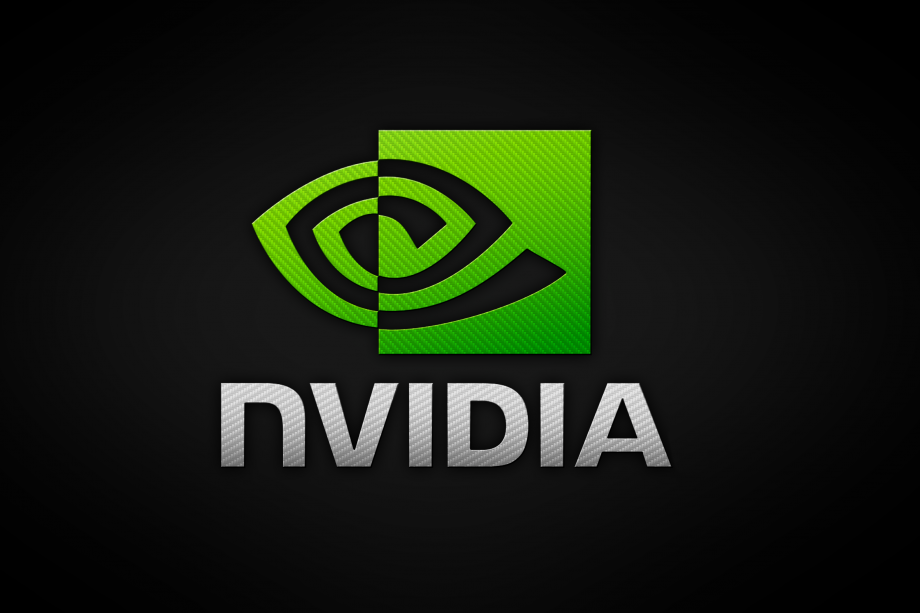China said on Monday it has launched an investigation into Nvidia Corp over suspected violations of the country’s anti-monopoly law, in a move widely seen as a retaliatory shot against Washington’s latest curbs on the Chinese chip sector.
The statement from the State Administration for Market Regulation (SAMR) announcing the probe did not elaborate on how the U.S. company, known for its artificial intelligence (AI) and gaming chips, might have violated China’s anti-monopoly laws.
It said that the U.S. chipmaker is, in addition, suspected of violating commitments it made during its acquisition of Israeli chip designer Mellanox Technologies under terms outlined in the regulator’s 2020 conditional approval of that deal.
Nvidia did not immediately respond to a request for comment. The company’s shares fell 2.2% in pre-market trading in New York after the Chinese regulator’s announcement.
The investigation comes after the U.S. last week launched its third crackdown in three years on China’s semiconductor industry, which saw Washington curb exports to 140 companies, including chip equipment makers.
In a sign that China intends to fight back strongly against the latest move, shortly after Washington’s announcement Beijing banned exports to the United States of the critical minerals gallium, germanium and antimony.
On the same day, four of the country’s top industry associations issued a rare and coordinated response saying that Chinese companies should be wary of buying U.S. chips as they were “no longer safe” and buy locally instead.
Nvidia has been one of the many companies caught up in the U.S.-China frictions. An earlier round of export curbs by the U.S. stopped Nvidia from selling its most advanced AI chips to China, prompting it to come up with new China-specific versions that were compliant with U.S. export controls.
Nvidia dominated China’s AI chip market with a more than 90% share before these curbs. However, it currently faces increasing competition from domestic rivals, chief among them being Huawei. China accounted for around 17% of Nvidia’s revenue in the year to the end of January, sliding from 26% two years earlier.
In 2020, the company won a key approval from China for its acquisition of Mellanox Technologies, despite concerns that Beijing could block the deal due to U.S.-China trade frictions.
Beijing’s approval set multiple conditions for Nvidia and the merged entity’s China operations, including prohibitions on forced product bundling, unreasonable trading terms, purchase restrictions and discriminatory treatment of customers who buy products separately.



